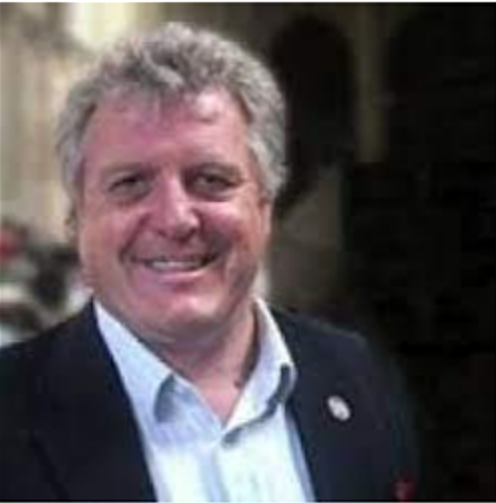Peter Grindrod / University of Oxford
website
grindrod@maths.ox.ac.uk
Title: Low Voltage Data Analytics: Roadblocks, Challenges, and Future Opportunities
Date: October 20, 2021
Bio: Peter Grindrod received the B.Sc. degree in mathematics from Bristol University, Bristol, U.K., in 1981, and the Ph.D. degree in mathematics from the University of Dundee, Scotland, in 1984. He is a Professor of Mathematics with the University of Oxford, Oxford, U.K. He is a former President of the Institute of Mathematics and Its Applications. He was the Founder of three successful analytical companies in sectors such as retail, energy supply, mobile telephony, digital media, and digital marketing. Prof. Grindrod was a recipient of the Commander of the British Empire in 2005 for mathematics. He is a Member of the Biotechnology and Biological Sciences Research Council, a former Member of the Engineering and Physical Sciences Research Council, and a Member of the Ministry of Defense Scientific Advisory Council.
Abstract:With the increased monitoring of low voltage networks there is a move towards more localised energy networks with unique technological and market opportunities. Integration of advanced analytics, forecasting and control methods provide many new mechanisms for supporting the future low carbon networks but also produce many challenges. This talk will discuss some of these challenges and opportunities based on our research and recent work. Included in our talk will be discussions on how smart meter data will drive new ways to manage customers, how community storage can be used to provide benefits to consumers and the network, what are some of the roadblocks to realising these opportunities, and what are some of the ways we are trying to help facilitate better use of data and analytics.
Learning Material: Talk Flyer Talk Slides
Interacting Material:
counter forum
